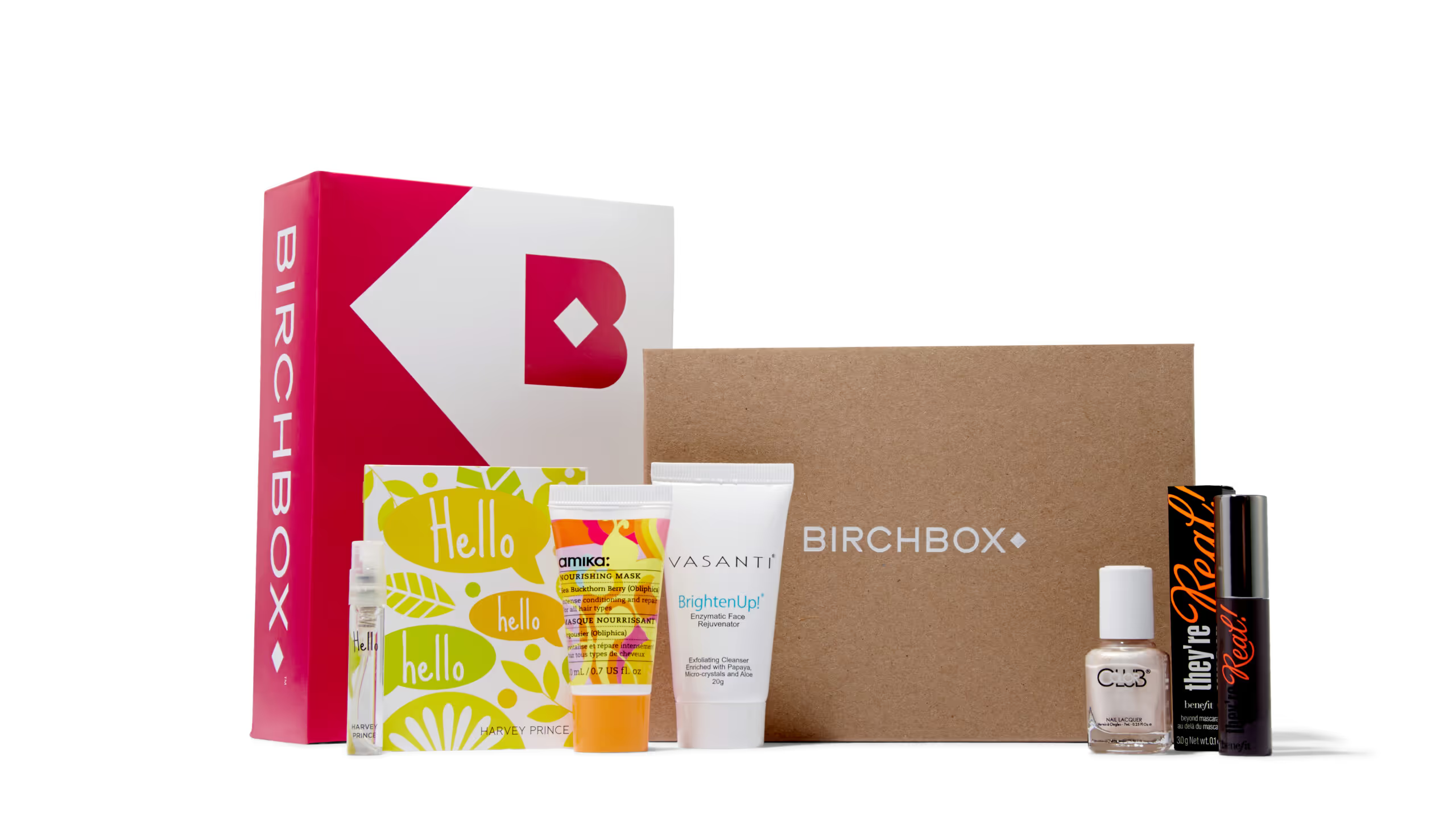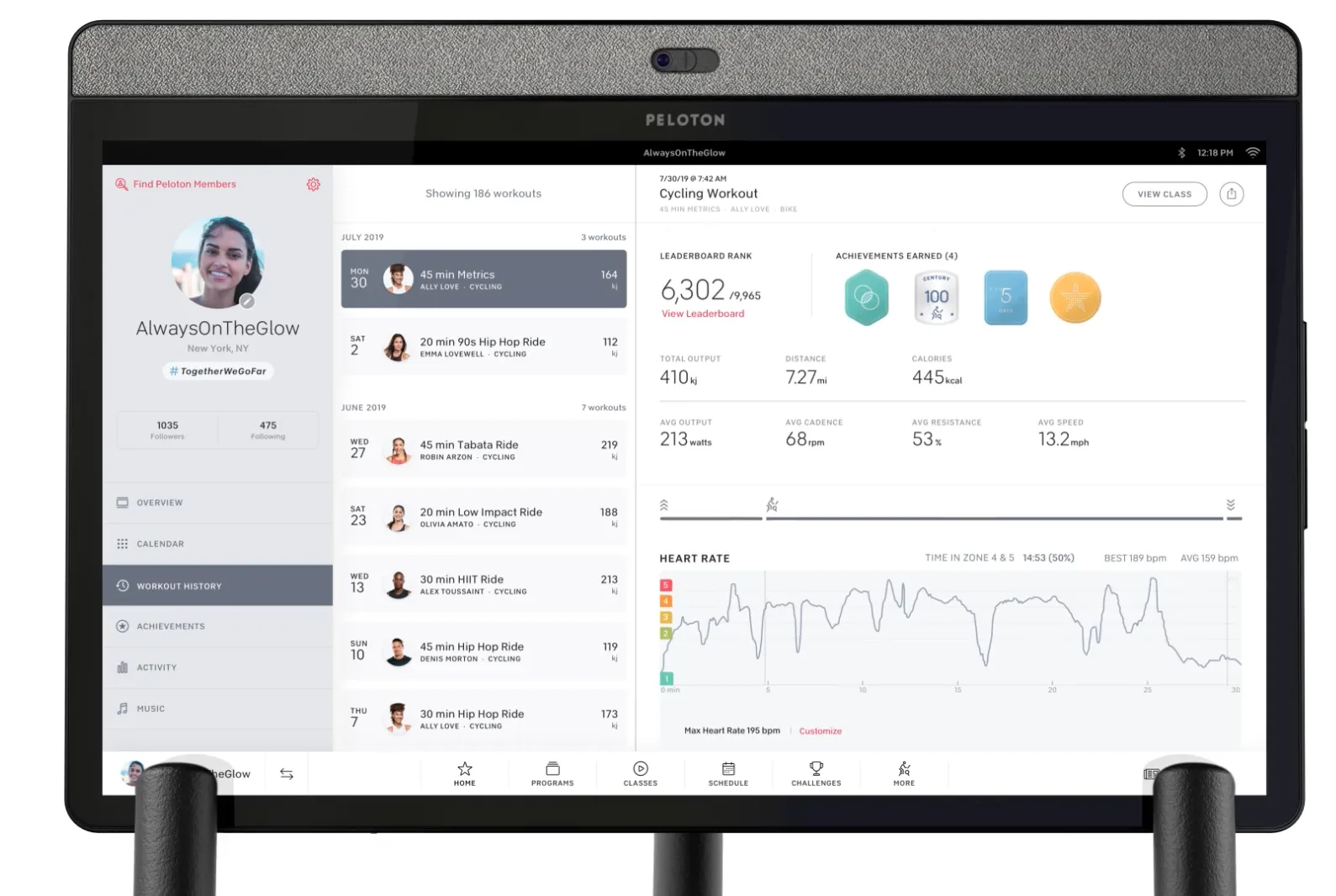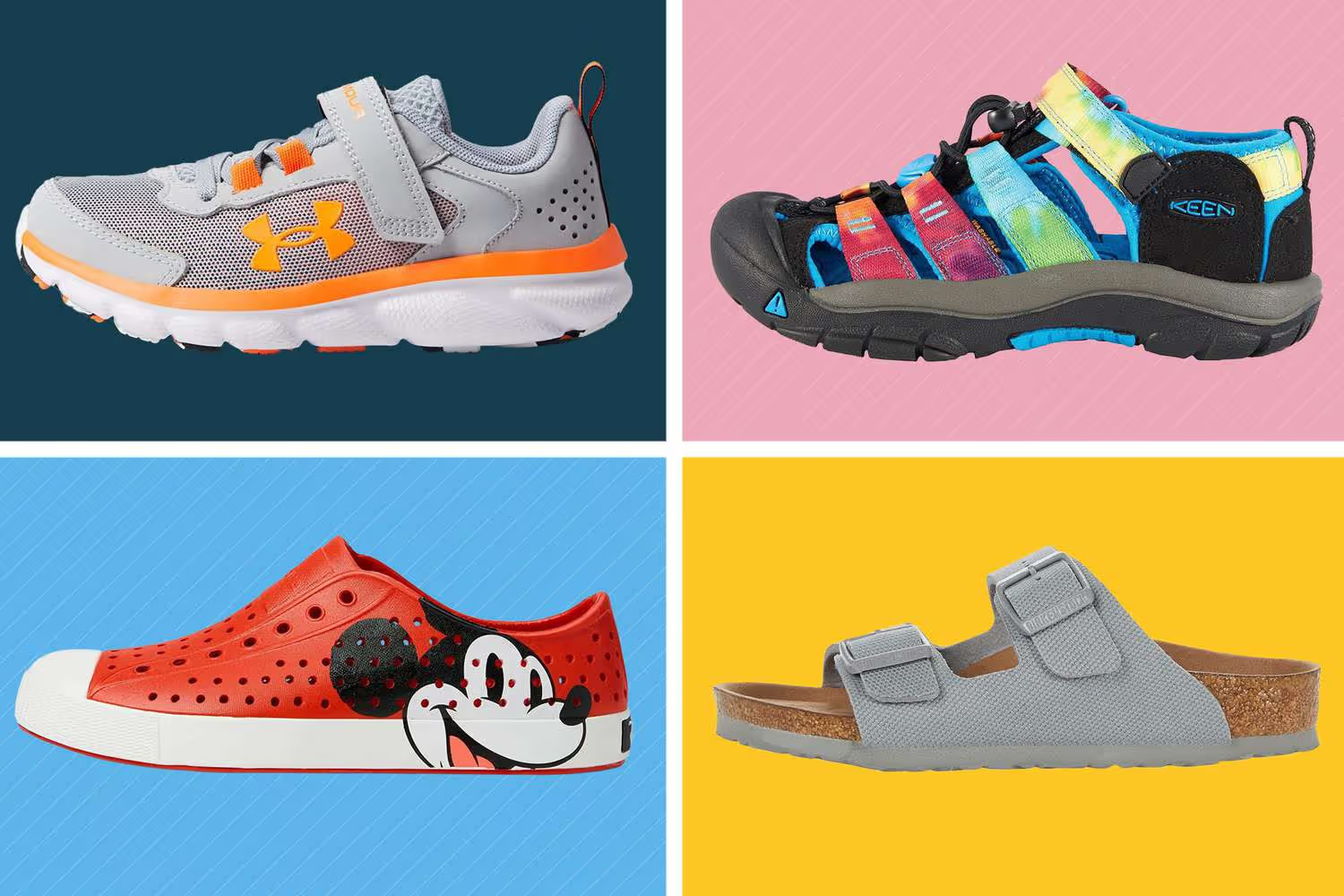The Role of Ecommerce Personalization In Referral Marketing
The immense power of ecommerce personalization in referral marketing
Referral marketing holds immense power in generating brand awareness and boosting sales, relying on the trusted recommendations of satisfied customers to attract new business.
However, in today’s competitive ecommerce landscape, standing out can be a challenge.
Luckily, there’s a solution: ecommerce personalization.
By tailoring referral programs to customers’ unique needs and preferences, businesses can experience higher conversion rates, enhanced customer loyalty, and increased sales.
According to McKinsey, personalization and customization in e-commerce has the potential to boost sales by up to 15% and improve customer engagement by up to 80%. Additionally, a report by Epsilon reveals that 91% of consumers are more likely to choose brands that offer personalized recommendations and offers.
Clearly, ecommerce personalization tools play a pivotal role in the success of referral marketing. In this blog post, we will delve deeper into the benefits of personalization and provide actionable tips for implementing a thriving referral program.
Why is ecommerce personalization important?
Ecommerce personalization holds significant importance as it empowers businesses to craft tailored messages and experiences that deeply resonate with their target audience.
By gaining insights into each customer’s individual preferences, businesses can create personalized recommendations, offers, and promotions that have a higher likelihood of conversion.
With the ability to target the right audience and customize the customer experience, ecommerce personalization becomes a game-changer for businesses. Here are some key ways in which ecommerce personalization can be effectively utilized to optimize customer targeting and deliver exceptional personalized experiences:
-
Segmentation
One of the most effective ways to personalize the customer experience is through segmentation. By grouping customers based on demographics, behavior, and preferences, businesses can create targeted messages and promotions that will be more relevant to each group.
For example, Sephora’s Beauty Insider program segments customers by their buying behavior and preferences. Members receive personalized product recommendations, exclusive offers, and early access to sales based on their individual preferences.

(Source: Elle Quebec) -
Personalized Recommendations
Personalized product recommendations are another effective way to improve the customer experience and boost sales. By analyzing a customer’s browsing and purchase history, businesses can suggest products that are more likely to interest them.
The beauty subscription service Birchbox uses personalized recommendations to drive sales by analyzing the preferences of each customer and sending them a monthly box of beauty samples tailored to their individual needs and preferences.

(Source: Business Wire) -
Customized Offers
Customized offers and promotions can also be used to improve the customer experience and drive sales. By providing exclusive discounts and offers that are tailored to each customer’s preferences, businesses can create a sense of exclusivity and urgency that encourages them to make a purchase.
The online sneaker retailer GOAT uses personalized recommendations to suggest sneakers to customers based on their browsing and purchasing history, as well as their preferences, such as favorite brands, styles, and colors. This not only helps customers find the sneakers they’re looking for but also creates a sense of exclusivity and personalization that encourages them to keep coming back to the site.

(Source: TechCrunch)
Ecommerce personalization examples: Personalizing customer experience
Personalizing the customer experience in ecommerce is essential for driving sales and creating loyal customers. Here are some ways in which businesses can personalize the customer experience:
-
Data Collection
Merchants should start by getting to know customers with data collection. This can be done through using analytics to track customers’ behavior, preferences, and interests. This data will help merchants understand what content resonates with their target audience and provide personalized experiences tailored to each customer segment.For example, the fitness brand Peloton collects data on its customers’ workout preferences and uses that information to suggest new classes and instructors that align with their interests.

(Source: Workerbase) -
Mapping out the Customer Journey
Mapping the customer journey is critical to providing a successful ecommerce experience as evidenced by personalization ecommerce statistics. By understanding how, when, and why customers make purchases, merchants can customize the process to maximize conversions. This includes providing seamless navigation, streamlining the checkout process, and offering targeted product recommendations. For example, the online retailer Zappos provides a personalized shopping experience by offering free shipping and returns, as well as a 365-day return policy, which helps customers feel more confident in their purchases.

(Source: People) -
Targeted Communication
Utilizing targeted communication is key to creating a personalized customer experience. By providing content tailored to individual customers across different channels, such as email, SMS, web push notifications, and social media, merchants can ensure that customers are receiving the information they need to make informed purchasing decisions. For example, the online pet supply store Chewy sends personalized recommendations to customers based on their pet’s breed, age, and dietary needs. This not only helps customers find the right products for their pets but also creates a sense of personalization and trust, which encourages repeat purchases and customer loyalty.

(Source: Business Wire)
Improving customer retention
Personalization in ecommerce plays a crucial role as it enables businesses to cultivate a highly engaging and tailored shopping experience for their customers, ultimately leading to improved customer retention. Through personalized messages, businesses can provide relevant product recommendations, customized content, targeted promotions, and an optimized checkout process. Moreover, personalization efforts contribute to building customer loyalty and driving higher conversion rates.
A notable example is Stitch Fix, an online retailer that leverages personalization through its unique styling service. By using customers’ style preferences and feedback, Stitch Fix delivers curated clothing selections personalized to each individual. This creates an immersive and customized shopping experience that not only satisfies customers but also encourages repeat purchases, reinforcing the value of personalization in driving customer engagement and loyalty.

(Source: Fintel.io)
Ecommerce personalization is an integral element of successful referral marketing, offering businesses the opportunity to utilize customer data to craft personalized messages that resonate with their target audience. This tailored approach significantly increases the likelihood of growing the business through referrals.
Additionally, by creating personalized experiences for customers, businesses can establish trust and cultivate long-lasting relationships. These strong connections contribute to improved customer retention rates, enhancing the overall success of the referral marketing strategy.
Conclusion
In conclusion, ecommerce personalization software emerges as a powerful tool for businesses seeking to enhance their referral marketing endeavors. By customizing referral programs to align with the unique needs and preferences of their customers, businesses can unlock a range of benefits, including increased sales, heightened customer loyalty, and amplified brand awareness.
Moreover, personalization plays a pivotal role in improving the overall customer experience, a critical factor in driving sales and fostering enduring relationships with customers.
Through leveraging the valuable data gathered from customers, businesses can create personalized messages and experiences that deeply resonate with their target audience. This tailored approach not only drives increased sales but also bolsters customer retention rates, solidifying the business’s position in the market.
In essence, ecommerce personalization acts as a catalyst, empowering businesses to optimize their referral marketing efforts, deliver exceptional customer experiences, and achieve substantial growth. By harnessing the power of personalization, businesses can forge lasting connections with their customers and capitalize on the vast potential of referral marketing for sustained success.
If you want to learn more about how referral programs can help you scale your ecommerce brand, read our article, the Power of Referral Programs and Ecommerce.